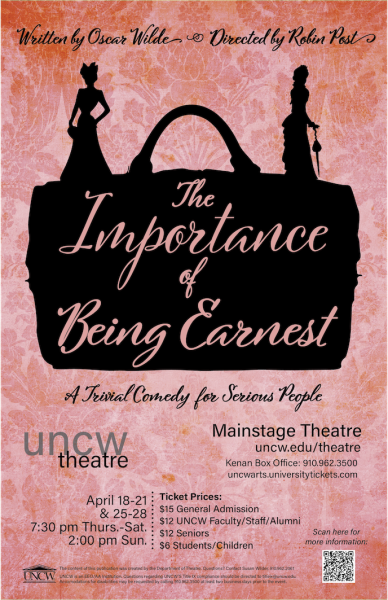You may or may not be familiar with the new “Crossfire” series by Sylvia Day, but it really doesn’t matter because there is little you need to know about the first book, “Bared to You,” to understand the sequel, “Reflected in You.” While the book is generally well-written there is no relief from the unrelenting passion that drives the forward action, making it hard not to ask: why can’t main characters Eva and Gideon leave passion behind and just try and be happy?
The “Crossfire” series is being marketed as the next big thing for fans of E.L. James’ “
Fifty Shades of Grey.” Of course the similarity in basic plot is obvious: a young, hesitant girl becomes enamored with a brooding, mysterious, twisted man as they begin a passionate love affair. But, surprisingly, this is where the similarities between “Fifty Shades” and “Crossfire” end.
While the characters in “Fifty Shades” were often flat and uncomplicated, the protagonists of “Reflected in You,” Eva Tramell and Gideon Cross, are layered and compelling at times. Even the secondary characters possess a depth that was missing from those in “Fifty Shades.” All of the relationships are intriguing and the story rarely finds itself slipping into soap opera territory.
But all of these positive qualities make the result of this second story more disappointing. Because, in the end, “Reflected in You” is a maddening book that ends with two broken people entering back into a dysfunctional relationship for one reason and one reason alone: passion.
While separate, the characters are likeable enough, together readers come to hate them. There are not many books that cause readers to look back at “Fifty Shades” and describe it as charming. However, this is one of them.
In “Reflected in You” the characters smother each other. They lose every bit of their identities because of that one little word: passion.
In the novel, Tramell and Cross were admittedly obsessed with each other. They became entirely co-dependent (to the point of helplessness when apart for only a couple of days) as a result of their passion. And they were willing to continue in this torturous relationship because they were just too compatible. They had energy between them, chemistry- electricity even. They made each other wild with lust, jealousy and possessiveness. They owned each other, consumed each others every waking hour, making their lives miserable whenever they fought- which was most of the time.
This is supposed to be love?
Despite the fact that the book is well written, and the characters are complex and generally likeable, nobody can root for them. Their relationship had some endearing moments but overall, their relationship wasn’t built on real love.
Now obviously this book isn’t meant to be an example of a real-life relationship. It’s a romance novel- it doesn’t aim for realism. However, it is indicative of something that has become a problem in society- passion replacing happiness.
Instead of simple pleasures, everyone wants a relationship fueled by fireworks, butterflies and chemistry. It’s what, with books like these, society is conditioned to desire. But passion comes with a price- though not usually to the extent of the dysfunctional couple that fills the pages of the “Crossfire” series. It can, and often does, produce possessiveness, fights and jealousy.
So why do so many want it so bad? As with everything burning and fiery, there will be an inevitable cooling. Fire can’t smolder forever, the butterflies won’t always be around and passion will slip away. What happens to the relationship then?
During a rare moment of clarity near the end of the book, Eva muses, “I don’t know why it never occurred to me to just find someone I can be happy with.”
Something has been lost in this pursuit of passion. Finding someone who can make you laugh should be more desirable than someone who drives you insane. It’s the simple pleasure of happiness that is missing from the twisted, tumultuous relationship of Eva and Gideon, and from “Reflected in You” all together.





















